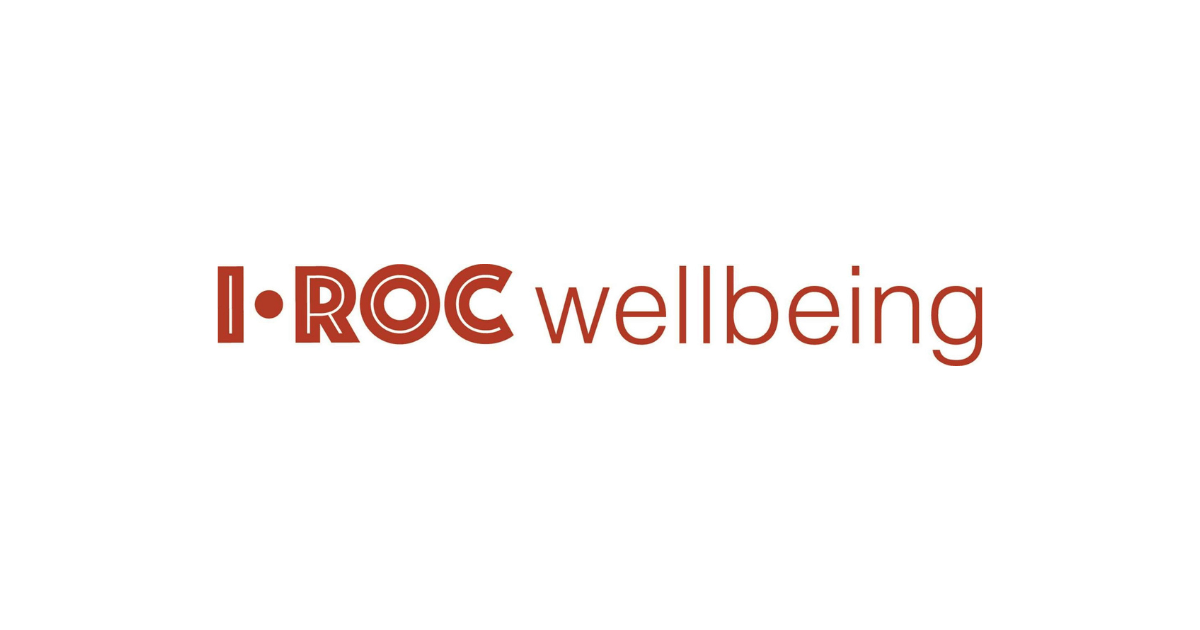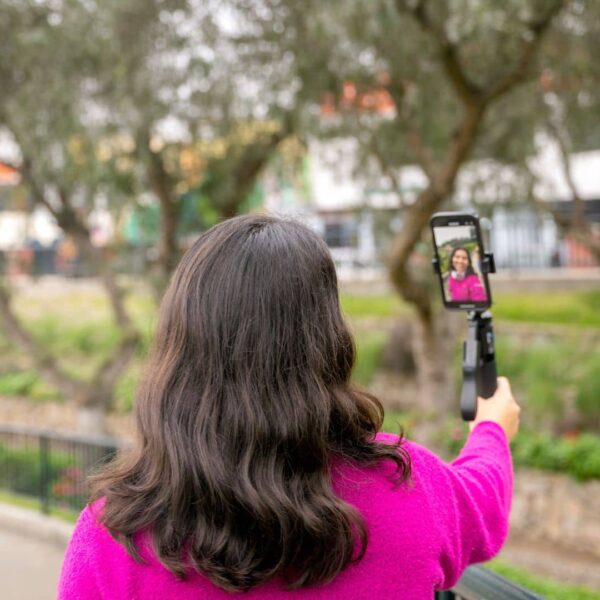I·ROC, a tool that evaluates the recovery process of mental health service users

I·ROC, a tool that evaluates the recovery process of mental health service users
Penumbra

A tool that measures the recovery process of people using mental health services
I·ROC is based on a self-assessment questionnaire that follows the HOPE model, an approach that analyzes four areas of personal well-being (home, opportunity, people, and empowerment). Each area includes three indicators that the user must score from 1 to 6. This provides a holistic view of personal well-being.
The tool is available in both paper and digital formats and provides a solid framework for initiating conversations between professionals and users. It also offers a variety of innovative and easy-to-use tools that promote self-management with tips and techniques.
Mental health professionals can obtain individual reports of their patients at any time through the online platform (I·ROC Digital), available for multiple devices. Similarly, entities can consult global data on the user base to evaluate the impact of their projects and programs. Patients also have access to their results and the various support materials offered by the platform.
Characteristics of innovation
Localization
Scotland
Partners / Funders
Genesis
I·ROC was developed in 2012 in collaboration between mental health professionals at Penumbra and people who had experienced mental health problems. In 2017, this tool began to be shared with other entities worldwide.
Level of implementation
Since its implementation, I·ROC has helped Penumbra measure its outcomes and provide a clear framework for supporting users. The model has been validated as an outcome measurement tool for mental health recovery by Abertay University (Dundee, Scotland). Additionally, it is already being applied in other organizations in countries such as the United Kingdom, Spain, the Czech Republic, Finland, and the Netherlands.

Banc d’innovacions






